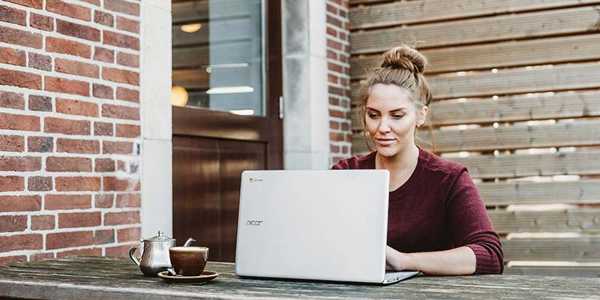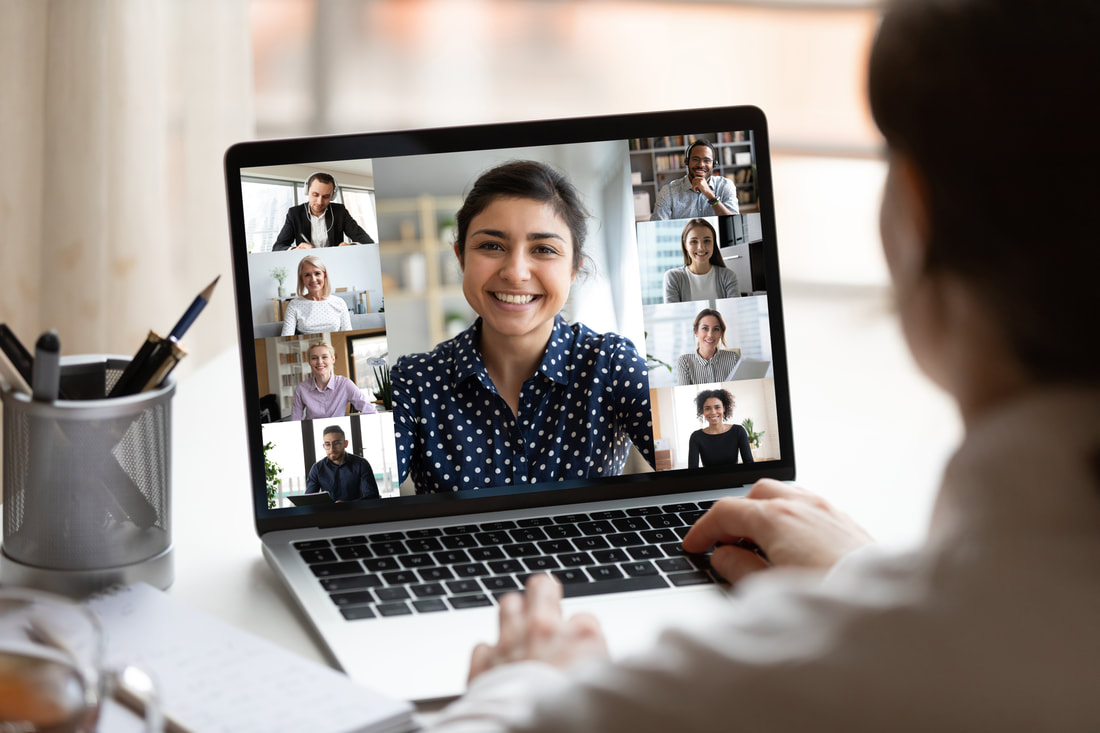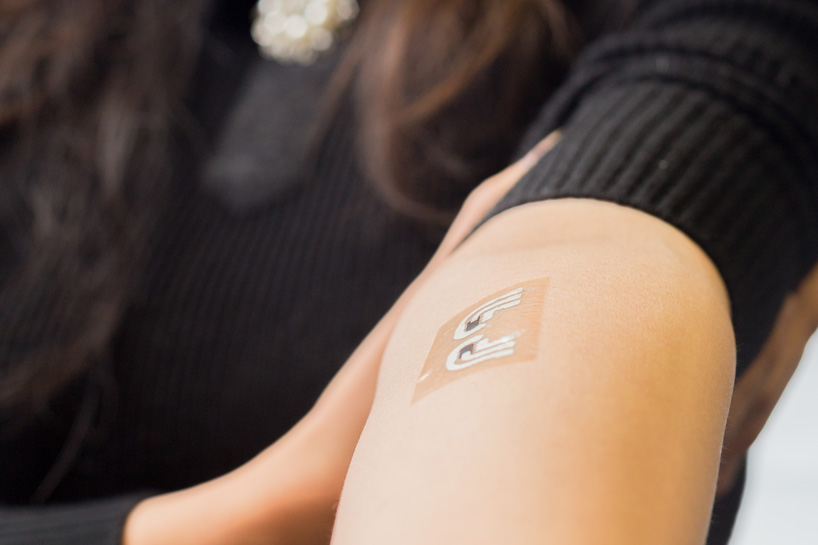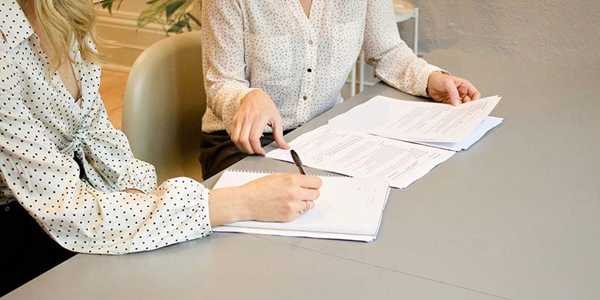
Have you ever shared too much on social media? You could post your location or contact information without thinking. It's so easy to overshare online. But what seems harmless could put your identity and security at risk.

We all want to connect and share our lives. However, we must be mindful of what information we make public. A few simple precautions can help you take control of your privacy.
Read on to learn how to stay safe on social media.
Why Should You Protect Personal Data Online?
Sharing personal information is fun and harmless. But it also leaves you vulnerable in ways you might not expect. Once something is posted, you lose control of it. Others can screenshot, share or use your details without permission.
Oversharing makes identity theft more accessible, too. Fraudsters seek birth dates, addresses and other valuable bits from unsuspecting social media users.
Why hand over data to criminals looking for openings? A few wise precautions preserve your security and peace of mind.
Tip 1: Use Strong Passwords
Yes, strong passwords matter. Avoid obvious passwords like "password123" or "fluffy1". Instead, create longer passwords with upper and lower-case letters, numbers and symbols. Consider using a password manager to generate and store secure passwords.
Also, use a different password across multiple sites. If one account is compromised, you don't want all other accounts hacked.
Tip 2: Check Your Privacy Settings
Take time to check your privacy settings on each social platform. For example, you can choose who sees specific posts on Facebook and Instagram. Set your profile to private so only approved friends can view it.
Regularly check back, too, in case default settings change. You want control over who has access to your information.
Tip 3: Limit Personal Details
While sharing some personal details is part of social media, you control how much you divulge. Avoid security questions like the first car, high school mascot or childhood street name.
Be wary of meme games, too, like listing cars you've owned; this gives fraudsters ammunition for security questions and password resets.
Tip 4: Think Before Checking in
Are you checking in at a restaurant or on vacation? While tempting, this also broadcasts your location at any given time. Stalkers and thieves can take advantage of this information.
Instead, consider posting updates and photos after the fact, not during. You still share your experiences without handing over your exact location.
Tip 5: Skip Public Wi-fi
It's convenient but risky. Hackers set up fake networks in public areas, hoping you'll sign in. Then, they gain access to your usernames, passwords and other data you transmit.
Save social media for secure home networks only. In public, use your phone carrier's internet when available or avoid logging in altogether.
Tip 6: Use Two-Factor Authentication
Two-factor authentication adds another layer of security beyond your password. You log in with your password first. Then, a code is sent to your phone to complete sign-in.
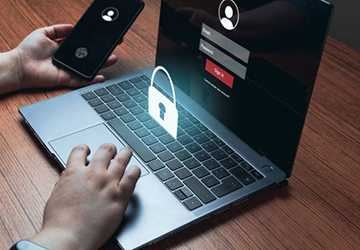
It protects your accounts even if hackers steal your password somehow. They can only access the account by possessing your physical phone, too.
Set up two-factor authentication whenever possible for essential logins like email, financial accounts, and social platforms.
Protect Yourself on Social Media
We hope these tips give you a game plan for staying safe online. A few thoughtful precautions preserve your privacy. You can still share fun updates and connections without handing data to bad actors.
Start with strong passwords, limit personal details and be wary of checking into locations in real-time. Also, enable two-factor authentication for critical accounts whenever possible.
What other steps do you take to keep your data secure? Share your best social media safety tips in the comments below!



